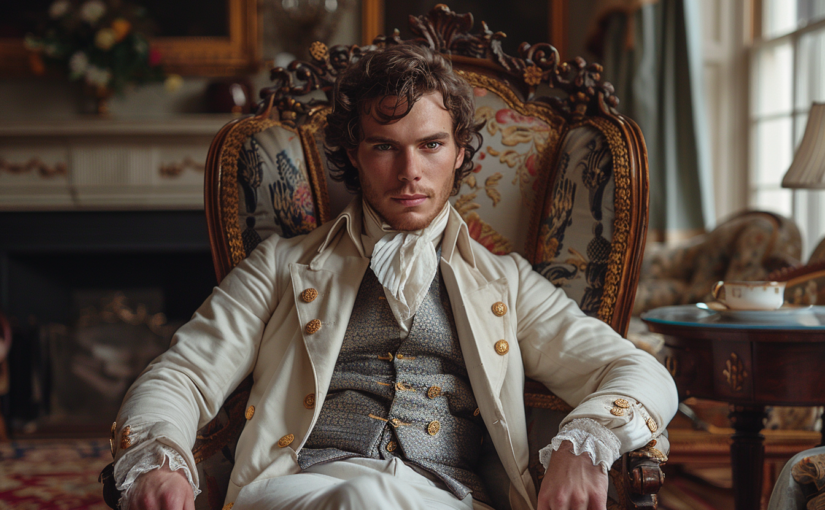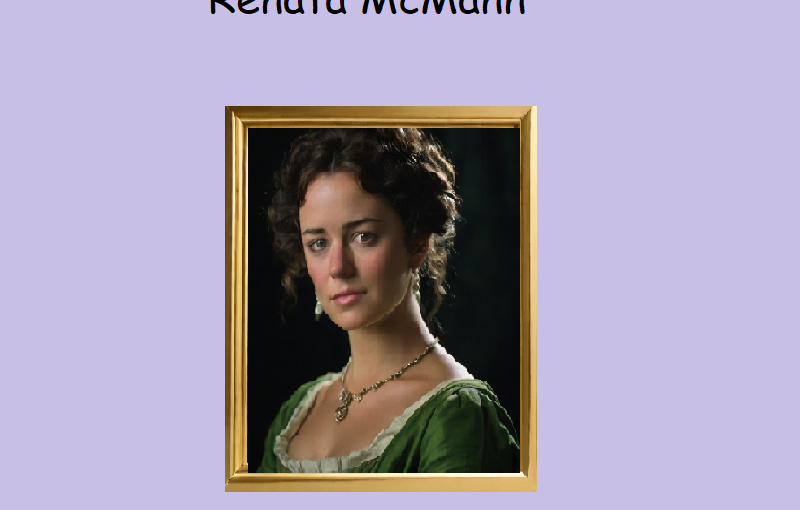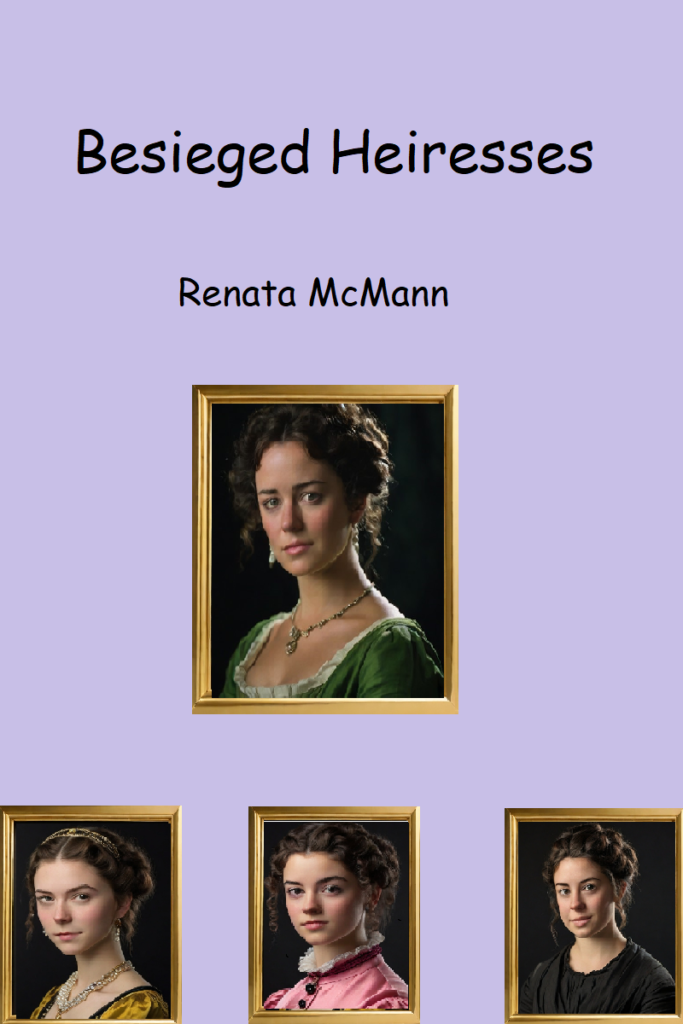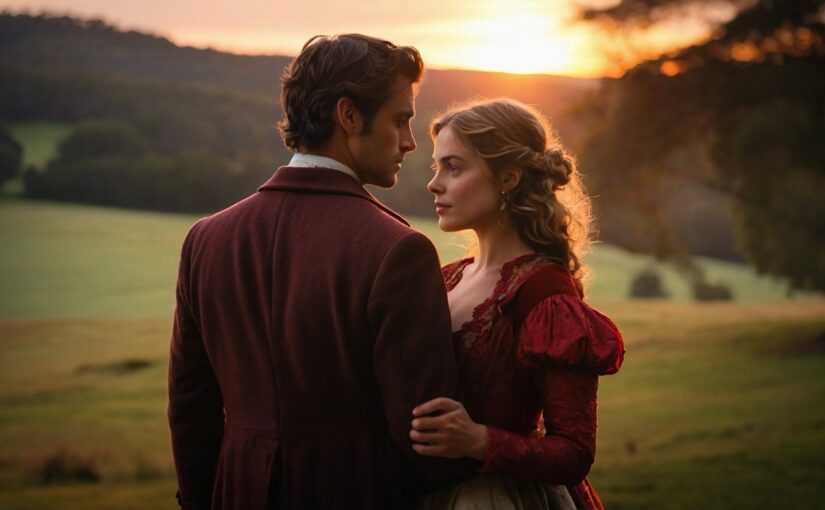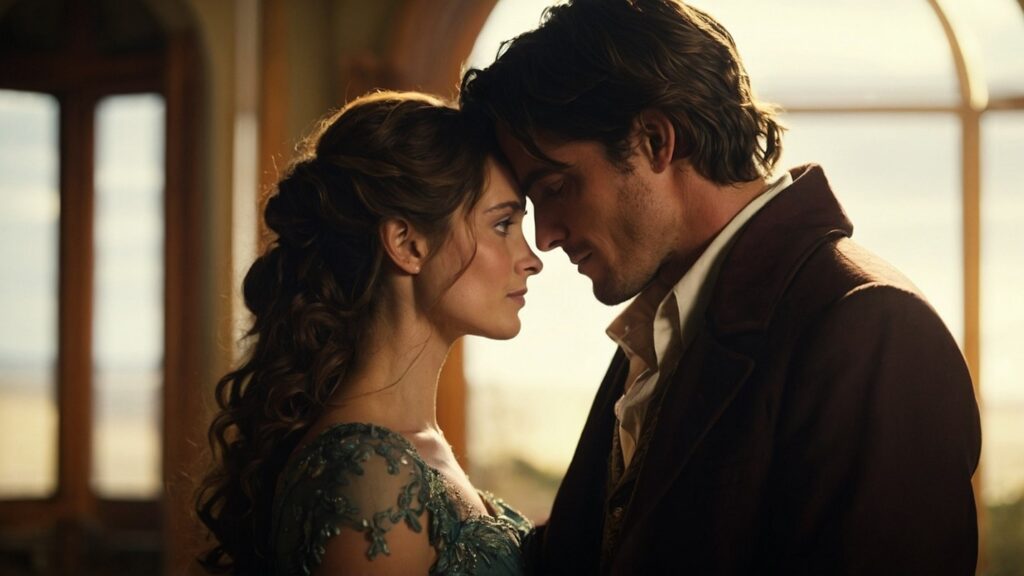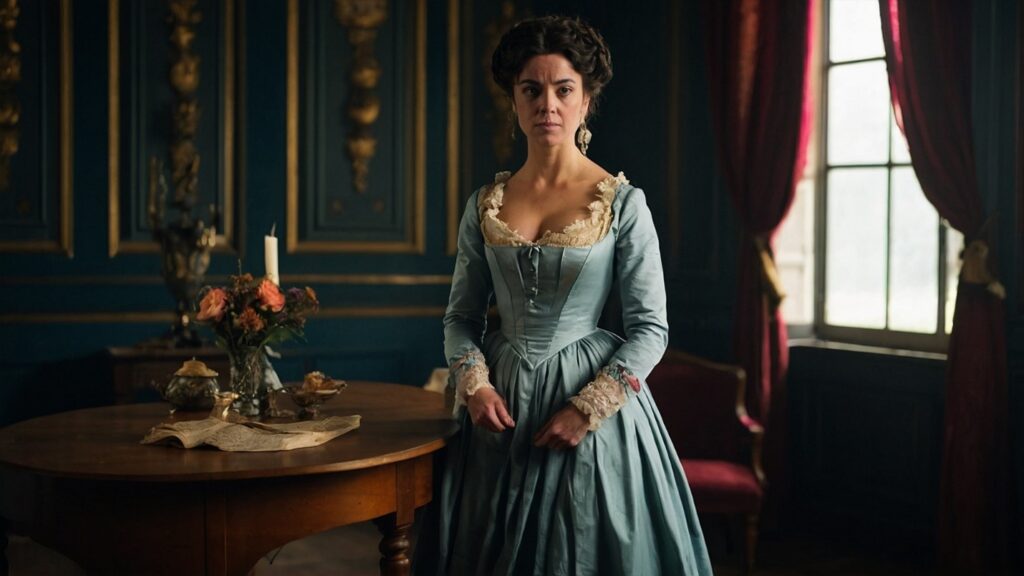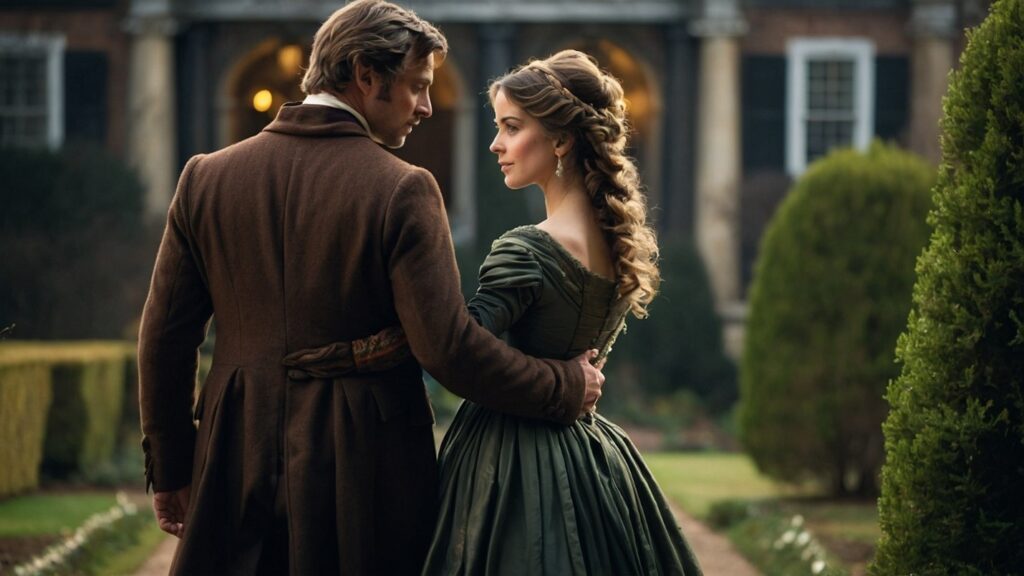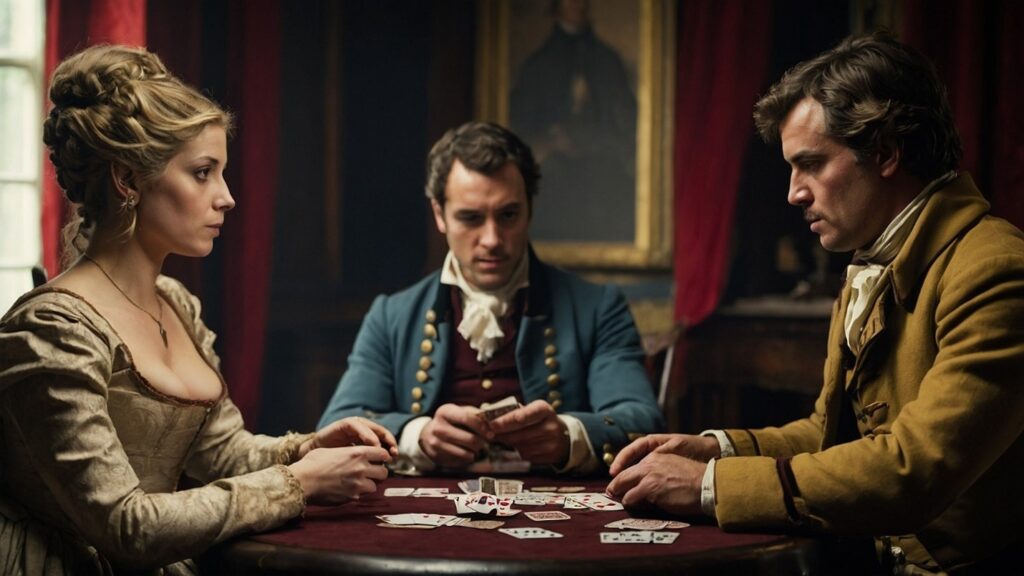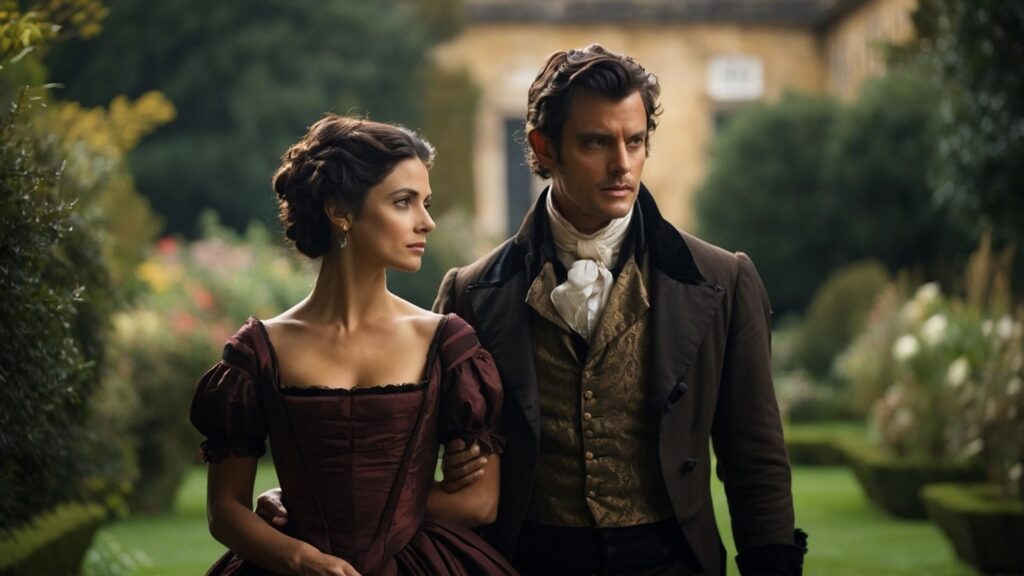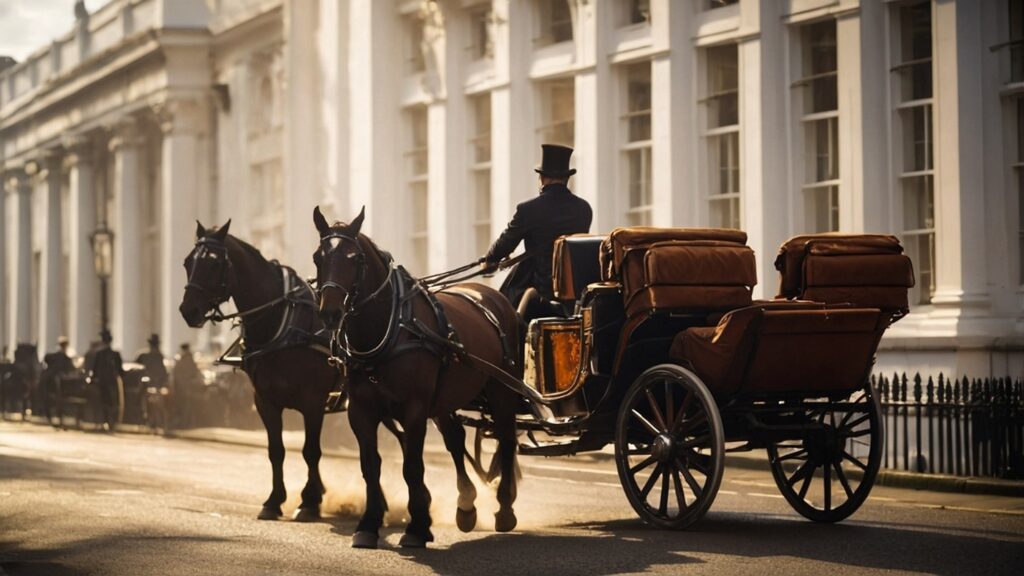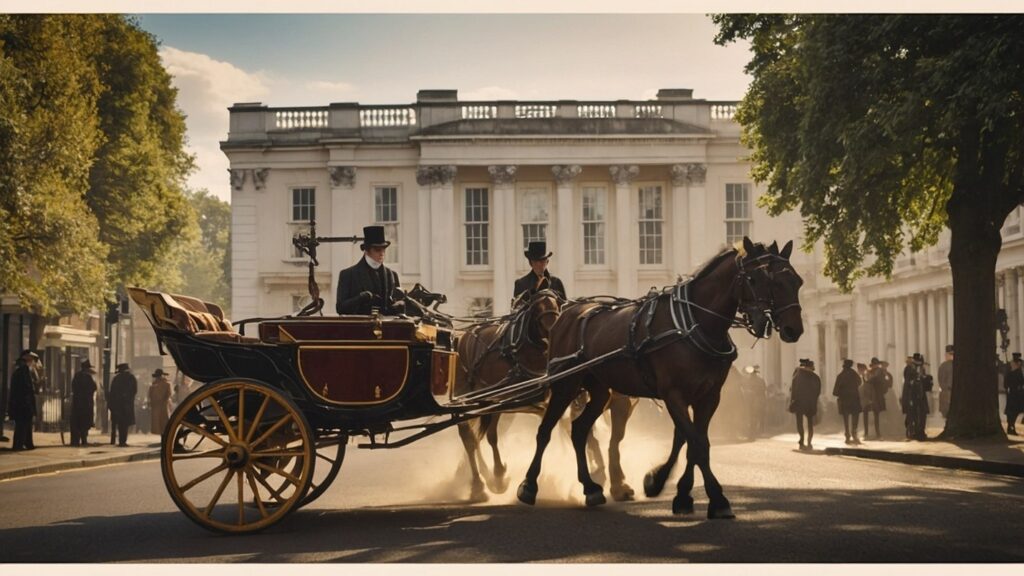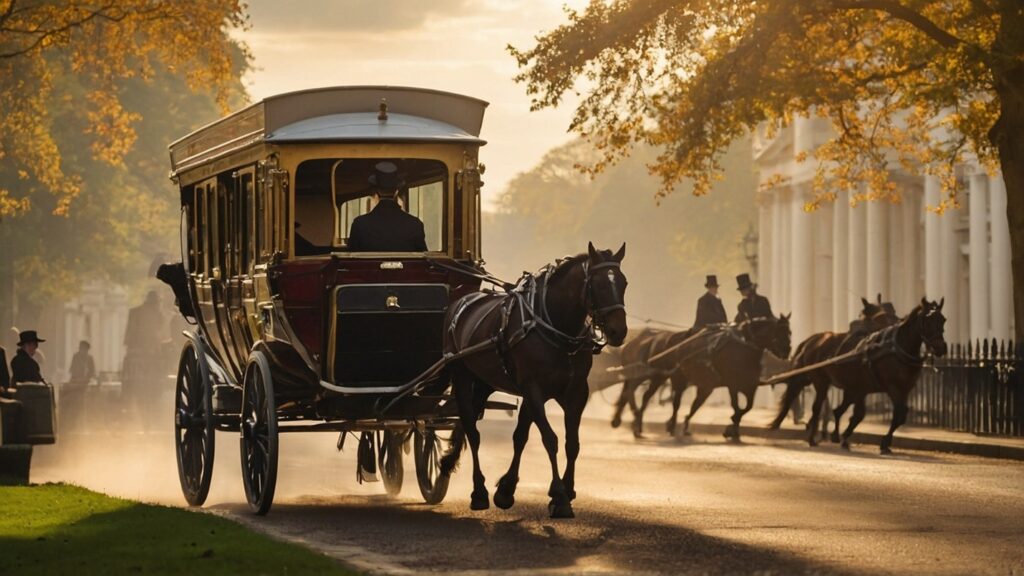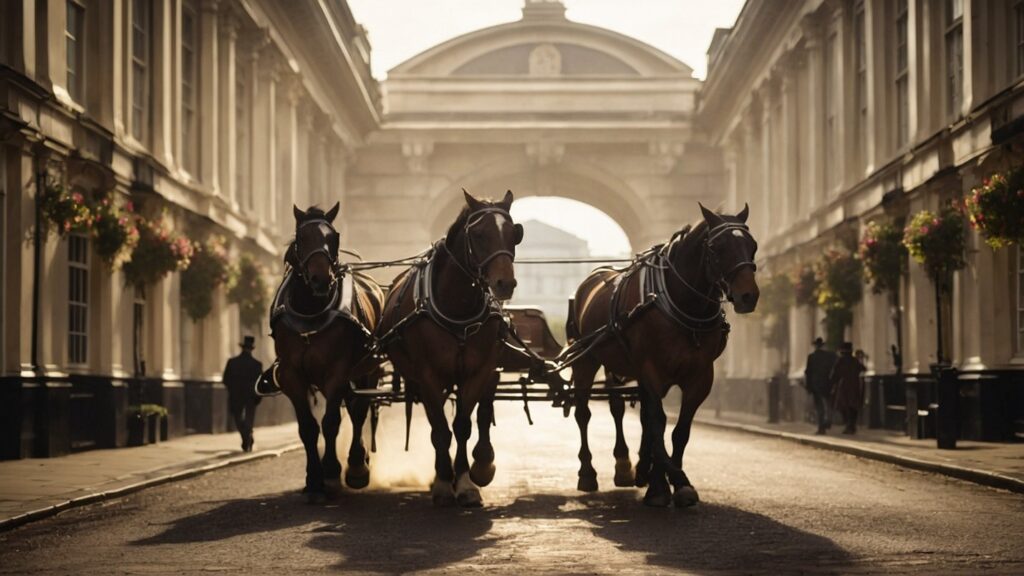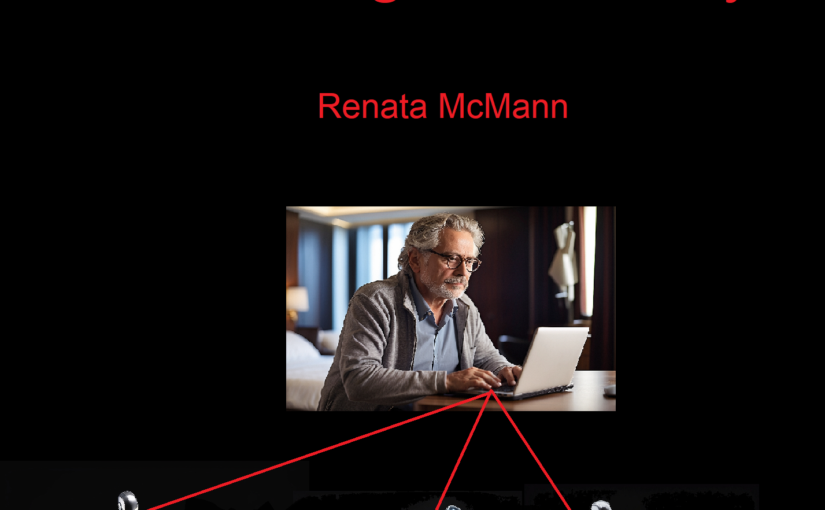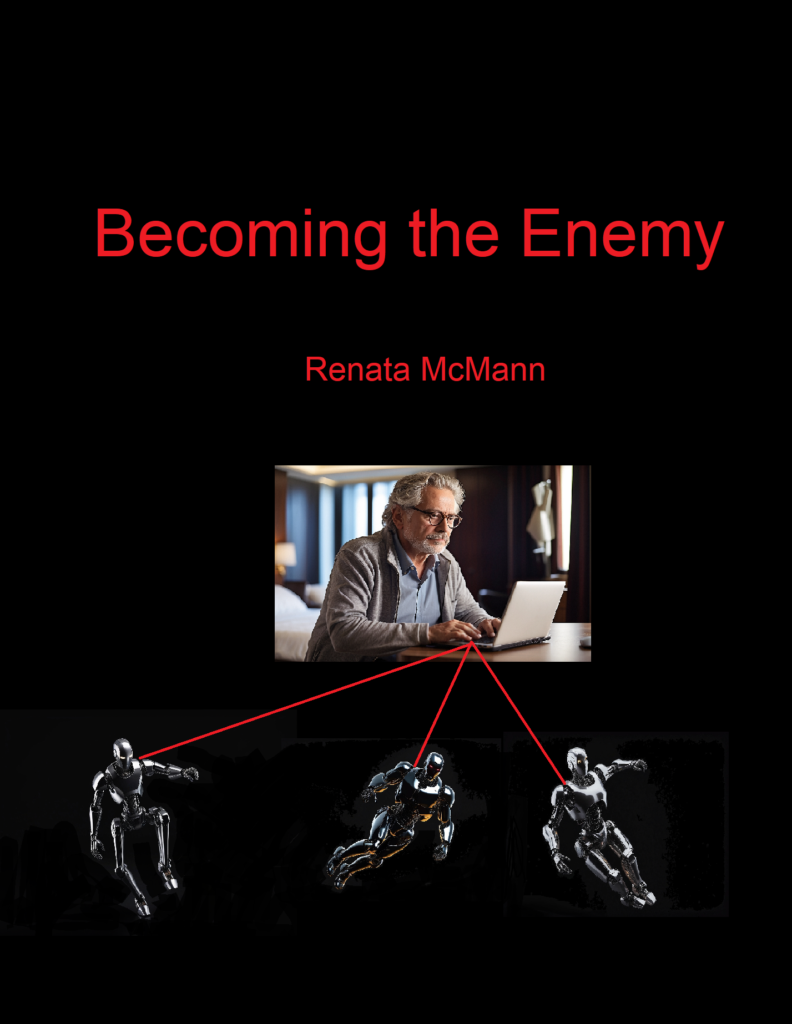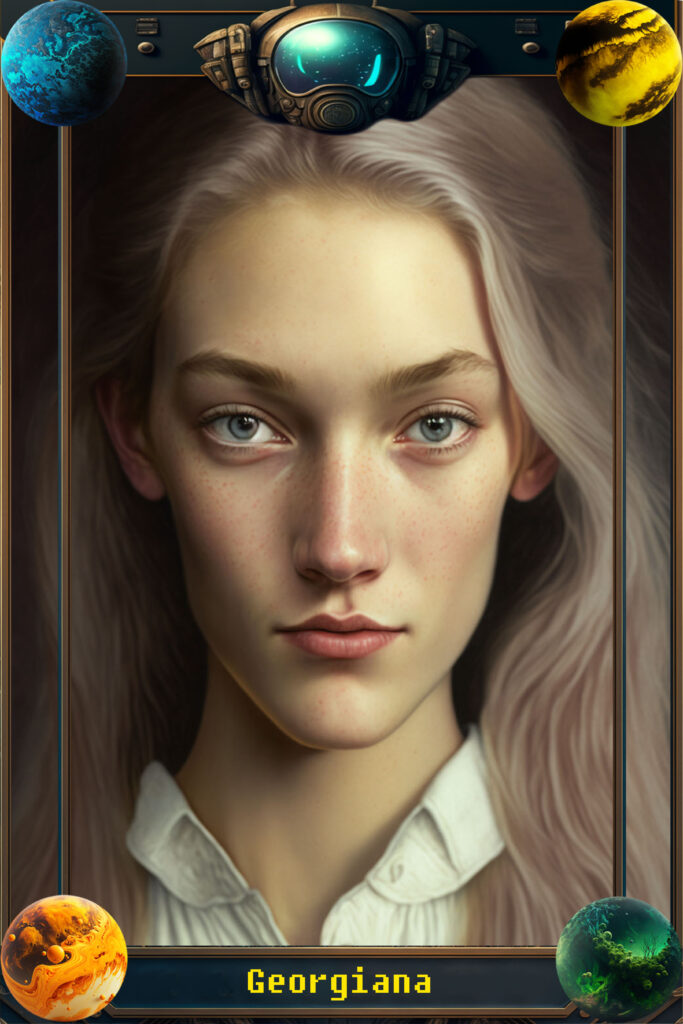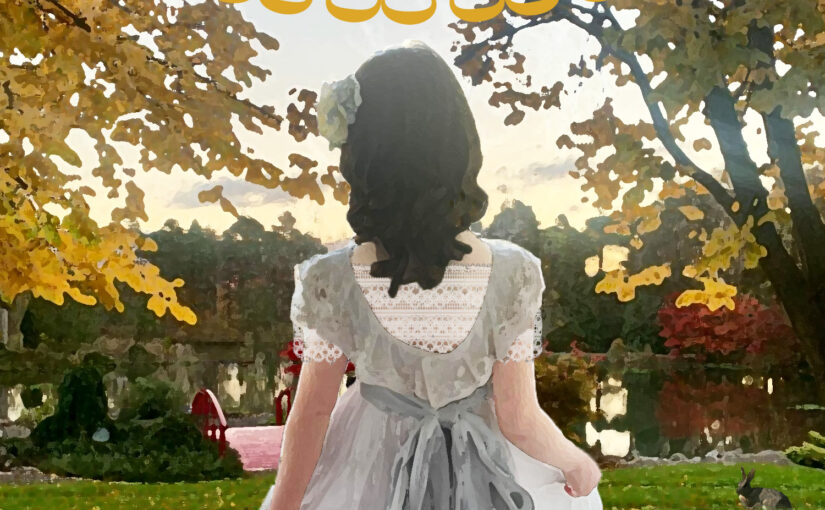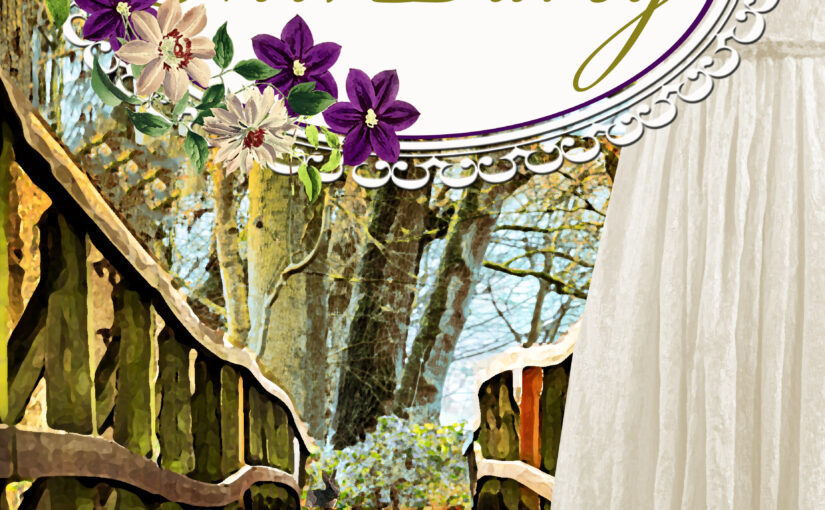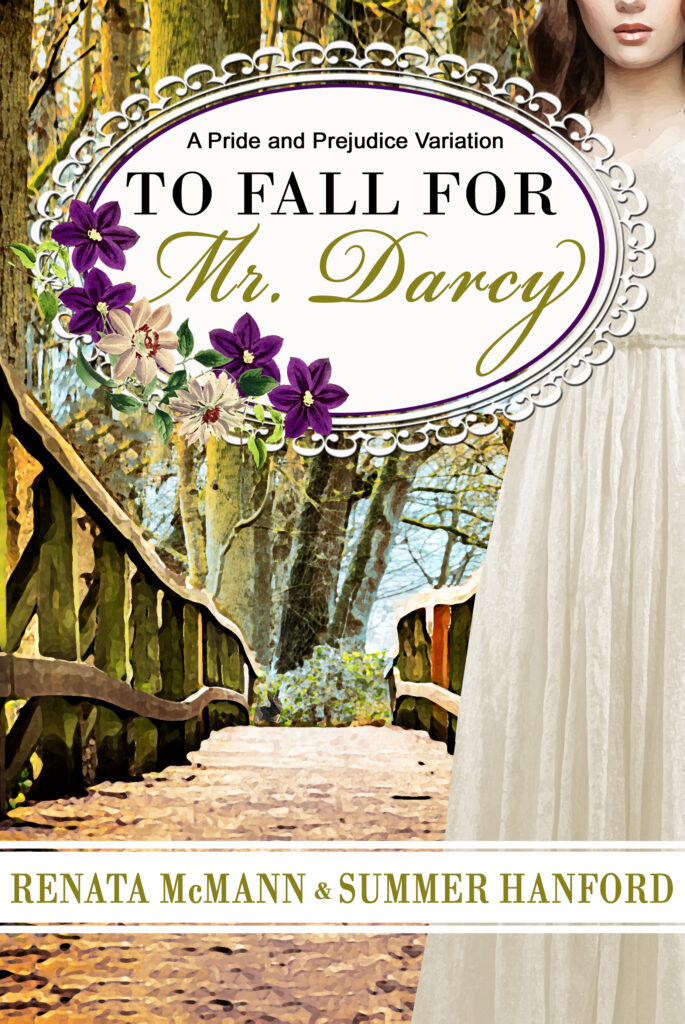Foreshadowing
There are three ways that I put foreshadowing in what I write.
1. I have it planned before I write the scene. Sometimes it is planned before I write anything. Obviously, I plan to have Darcy and Elizabeth together when I start a book and can put foreshadowing anywhere. In some cases, I know from the very beginning what is needed for other threads in the book.
For example, in The Long Road to Longbourn I knew from the beginning that Darcy and Elizabeth would successfully get to Longbourn. I also knew that Wickham would be with them at least part of the way and the two men would reveal their real characters while traveling.
When I started writing, I didn’t have anything specific in mind as to what would happen that would enlighten Elizabeth. I wanted to make Darcy very much the gentleman, but not a superman. I didn’t want him to singlehandedly fight a dozen men and win, nor did I want him to turn some random items into a gadget that saves them all. I wanted him to triumph because he was an intelligent, fit, caring man, who did what he had to do to protect Elizabeth.
2. I foreshadow while I’m writing the scene, but I don’t yet know the details of what I am foreshadowing.In More Than He Seems, I put something in very early without knowing exactly where it was going. All I knew was that a certain character would be a bad guy. So, I wrote a few lines that foreshadowed, well, something. I wasn’t certain exactly how it would fit in, but it became vital later on.
But sometimes I put something in which I don’t use, and it seems either irrelevant or awkward. In that case, I make use of the delete key.
3. I put foreshadowing in after I put in what I foreshadowed. I’ve decided that the book should go in a certain direction well after I’ve written much of the book, so I look back to find a place where I can foreshadow it. It may be a matter of just adding a few lines, but it might mean some significant rewriting or even writing new scenes.
Summer and I are currently working on To Catch a Poisoner, which should come out within a month. The first scene I wrote took place at the Netherfield ball. Later, I went back and added two scenes to the beginning, and Summer added a third scene that I had referred to with few sentences. Those three scenes were needed to explain the Netherfield ball scene. When I started writing, I had no idea of how I was going to explain the situation at the Netherfield ball.
One thing that may surprise readers is that authors don’t always want to surprise readers. In Pride & Prejudice and Planets there is a revelation near the end of the book. A reviewer said, somewhat contemptuously, that they did not think that anyone would be surprised at that revelation. I wanted most readers to be unsurprised. Sometimes I’m not after a reaction of “What a surprise” but a reaction of “I was expecting that.” In this case, there we provided too many blatant clues to be missed by astute readers.
There is an example of this that has become a cliché. When in a novel, a woman is annoyed with a man, readers often correctly guess that the man will be the hero, not the villain. Yet annoying the heroine does not make a man the hero. In Pride and Prejudice, I doubt anyone ever thought Mr. Collins would be the hero. At least, I hope not.

